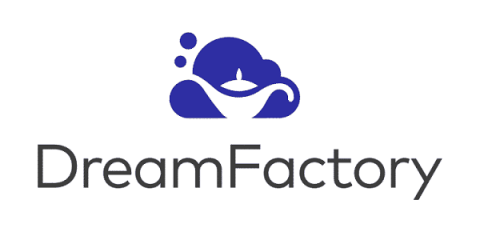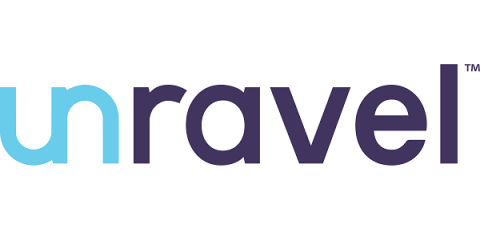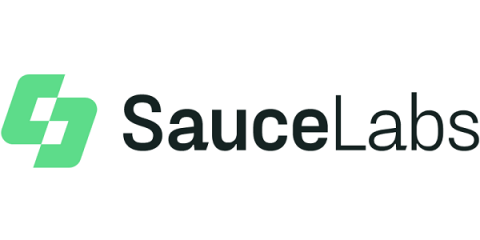Systems | Development | Analytics | API | Testing
Latest News
What is next for Yellowfin?
Unravel Data Unveils Most Advanced AI-Powered DataOps
New edition enables data professionals to gain end-to-end visibility and more effectively optimize cost and performance of modern data stack
Announcing the Unravel Winter Release
Today, we’re excited to announce the Unravel Winter Release ! This winter release introduces major enhancements and improvements across the platform, including comprehensive cost management for Databricks, support for Delta Lake on Databricks, data observability for Google BigQuery, interactive pre-check before installation and upgrade.
How to Cross-Browser Test with the Best of the Best
With thousands of different web browsers, operating systems, and device combinations available, it’s impossible for software companies to control their users’ environments. All of these choices put the control in the hands of the user: if your web application or website is glitchy or looks bad on the browser they use, then you’ve probably lost that user as a customer.
What is data integration (with 5 use cases)
Open-source iOS projects for learning better practices
In your iOS development learning journey, you want to understand and use the best practices while writing code. These include working with Clean Architecture, writing good tests for your native iOS app, and knowing how and what to test. This post discusses some open-source iOS Swift projects that you can take inspiration from to learn better development practices, such as: Build, test and deliver mobile apps in record time Start now
How to Migrate from the Open Source WSO2 Identity Server to the Subscription Version?
WSO2 Identity Server is the most popular open-source CIAM system on the market, and it is widely used by educational institutions and government agencies as an on-premise CIAM solution. Single sign-on/sign-out (SSO), identity federation, strong authentication, identity administration, account management, identity provisioning, fine-grained access control, API security, monitoring, reporting, and auditing are all possible with WSO2 Identity Server's seamless integration capabilities.
What are compiler optimized internal PHP functions and should you import them via use statement?
Every once in a while when browsing through open-source code, you will probably have come across internal functions that are either imported implicitly with use function array_map; like here in Doctrine or prefixed with the global namespace separator, for example \is_string($foo) like in Symfony. Curious beings as we are, you might wonder as did I: Why are they doing this? Do function calls not automatically fall back into the global namespace?











